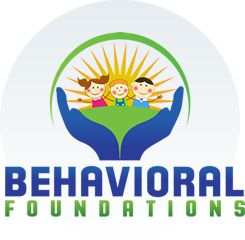Why Do I Need A BCBA? Choose the right professional service provider.
As the number of individuals affected by Autism and other challenges grows, so does the treatment industry of professionals attempting to service the families of those affected. Unfortunately, this service provider expansion doesn’t always equate to everyone being a trained and experienced professional. Therefore, many advocacy groups and organizations are working to clarify just who should be allowed to provide these vital services to affected individuals.
What is a BCBA?
BCBA stands for Board Certified Behavior Analyst. This a title given by an independent, nonprofit certification board that was developed as an attempt to provide some minimum standard for what constitutes being qualified to practice Applied Behavior Analysis (ABA). Begun in the early 1990s, this credential has quickly swept international boundaries and is now becoming the standard by which insurance companies determine eligibility for payment as an ABA service providers.
How is a BCBA different than other providers?
A BCBA is different from other types of Autism or related service providers in that they must meet some stringent and specific educational and experience requirements before becoming eligible to obtain the credential.
First, a person must have a Master’s degree or higher in a human service field like Behavior Analysis, Psychology, Special Education, Social Work, etc. Their graduate level coursework must include specific content in the concepts of Behavior Analysis, and only the Behavior Analyst Certification Board can approve whether a person’s coursework meets the educational requirements.
Second, a person must also obtain a specified amount of hands on experience in the application of Behavior Analysis, supervised by an already certified BCBA.
Finally, a person must take and pass an examination that reviews one’s competency in the core concepts of Behavior Analysis before being granted the BCBA credential.
Once certified, BCBA’s are required to maintain their certification through the attendance and participation in approved courses and conferences designed to keep professionals in touch with the latest research and techniques of the field. Further, all BCBA’s are bound by a specific ethical and legal code that governs their practice in the field of Behavior Analysis.

 INSURANCE ACCEPTED!
INSURANCE ACCEPTED!